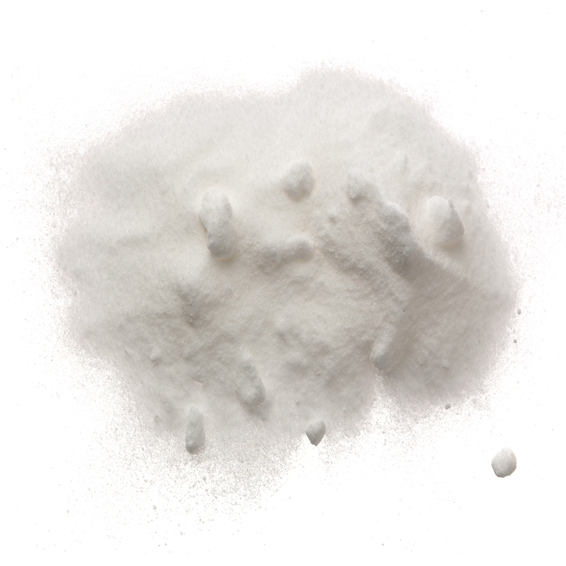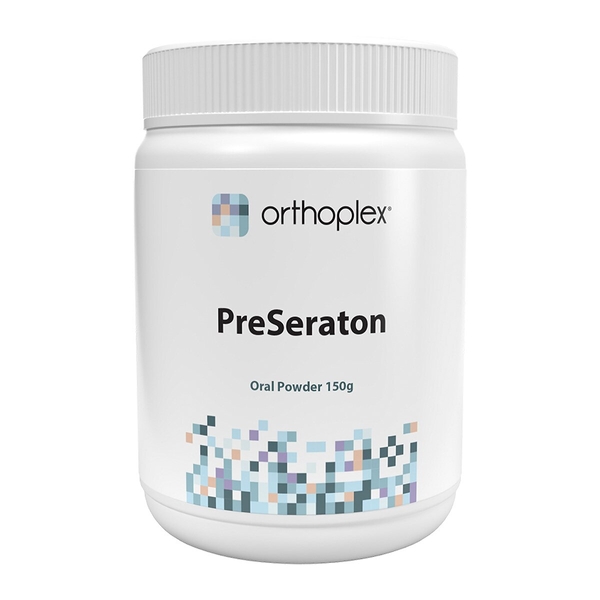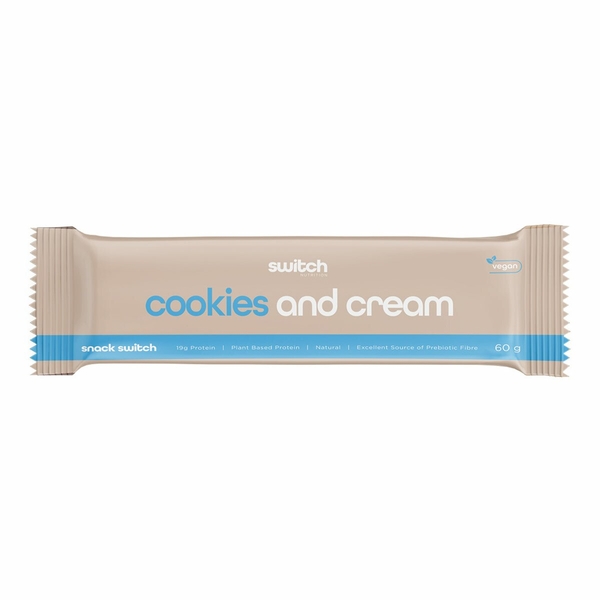
Background
Sodium bicarbonate's ability to neutralize acid helps treat conditions related to high acidity in bodily fluids, such as indigestion, which is caused by too much acid in the stomach.
People commonly use sodium bicarbonate for indigestion. It is also used for stomach ulcers, athletic performance, kidney damage, dental plaque, tooth discoloration, and many other conditions, but there is no good scientific evidence to support many of these uses.
Safety Safety definitions
When applied to the skin: There isn't enough reliable information to know if sodium bicarbonate is safe to use or what the side effects might be.
Special Precautions & Warnings:
Pregnancy: Sodium bicarbonate is possibly unsafe when taken by mouth during pregnancy. There is some concern that it might increase the risk of water retention or pH imbalances in the tissues.Breast-feeding: There isn't enough reliable information to know if sodium bicarbonate is safe to use while breast feeding. Stay on the safe side and avoid use.
Children: There isn't enough reliable information to know if sodium bicarbonate is safe to use by mouth in children. Stay on the safe side and avoid use. Sodium bicarbonate is possibly unsafe when applied to the skin. There have been reports of high sodium blood levels in children following use.
Burns: Applying sodium bicarbonate to burns might increase burn thickness in the skin.
Sudden loss of heart function (cardiac arrest): Sodium bicarbonate doesn't seem to help in people who have had cardiac arrest. It might reduce survival or slow down recovery.
Diabetic ketoacidosis (DKA): Sodium bicarbonate increases blood acids called ketones, which are associated with DKA. Sodium bicarbonate should not be used in people with this condition.
Swelling (edema): Because sodium bicarbonate contains sodium, it can increase the risk of swelling caused by excess fluids in the body. People with heart failure, liver disease, or other conditions associated with fluid build-up should use sodium bicarbonate with caution.
High calcium levels in the blood: People with high calcium levels in the blood can have trouble getting rid of bicarbonate. Taking sodium bicarbonate might increase the risk of complications such as milk-alkali syndrome.
High sodium levels in the blood: Sodium bicarbonate might increase sodium levels in the blood. People who already have high levels of sodium in the blood should avoid sodium bicarbonate.
High blood pressure: Sodium bicarbonate might increase blood pressure. People who already have high blood pressure should avoid sodium bicarbonate.
Low potassium levels in the blood: Sodium bicarbonate might lower potassium blood levels. People who already have low levels of potassium should avoid sodium bicarbonate.
Effectiveness
- Indigestion (dyspepsia). Over-the-counter antacid products containing sodium bicarbonate are considered effective when taken by mouth for indigestion. They are FDA-approved for this use.
- Athletic performance. Taking sodium bicarbonate by mouth seems to improve athletic performance by a small amount in most people.
- Toxicity from drugs that affect the function of sodium channels (sodium channel blockade). Giving sodium bicarbonate by IV seems to help to reduce side effects from drugs that cause sodium channel blockade. IV products can only be given by a healthcare provider.
- A mild form of gum disease (gingivitis). Brushing the teeth with sodium bicarbonate seems to be help with gingivitis.
- Sudden loss of heart function (cardiac arrest). Giving sodium bicarbonate by IV does not increase survival in children or adults who experienced cardiac arrest outside of the hospital. It might even worsen recovery. IV products can only be given by a healthcare provider.
- Tissue damage caused when there is limited blood flow and then blood flow is restored (ischemia-reperfusion injury). Giving sodium bicarbonate by IV does not prevent kidney problems in people who have had heart surgery. IV products can only be given by a healthcare provider.
Dosing & administration
Sodium bicarbonate is also found in toothpastes, mouth rinses, and ear drops. Sodium bicarbonate, or baking soda, is also used in foods.
Interactions with pharmaceuticals
Amphotericin-B (Abelcet, others)
Interaction Rating=Moderate Be cautious with this combination.
Taking sodium bicarbonate can decrease potassium levels in the body. Amphotericin B can also decrease potassium levels. Taking sodium bicarbonate along with amphotericin B might decrease potassium too much.
Antibiotics (Aminoglycoside antibiotics)
Interaction Rating=Moderate Be cautious with this combination.
Taking sodium bicarbonate can decrease potassium levels in the body. Aminoglycosides can also decrease potassium levels. Taking sodium bicarbonate along with aminoglycosides might decrease potassium too much.
Aspirin
Interaction Rating=Moderate Be cautious with this combination.
Sodium bicarbonate might increase how quickly the body breaks down aspirin. This might reduce the effects of aspirin. Aspirin and sodium bicarbonate should be taken separately.
Cefpodoxime Proxetil (Vantin)
Interaction Rating=Moderate Be cautious with this combination.
Cefpodoxime proxetil, an antibiotic, must be changed to its active form in the body. Sodium bicarbonate slows down this change to the active form in the body. This might reduce how well this drug works.
Chlorpropamide (Diabinese)
Interaction Rating=Moderate Be cautious with this combination.
Taking sodium bicarbonate with chlorpropamide increases how quickly the body gets rid of chlorpropamide. This might reduce how well chlorpropamide works.
Cisplatin (Platinol-AQ)
Interaction Rating=Moderate Be cautious with this combination.
Sodium bicarbonate can decrease potassium levels in the body. Cisplatin can also decrease potassium levels. Taking sodium bicarbonate along with cisplatin might decrease potassium too much.
Medications for asthma (Beta-adrenergic agonists)
Interaction Rating=Moderate Be cautious with this combination.
Sodium bicarbonate can decrease potassium levels in the body. Beta-adrenergic agonists can also decrease potassium levels. Taking sodium bicarbonate along with beta-adrenergic agonists might decrease potassium too much.
Medications for inflammation (Corticosteroids)
Interaction Rating=Moderate Be cautious with this combination.
Taking sodium bicarbonate can decrease potassium levels in the body. Some corticosteroids can also decrease potassium levels. Taking sodium bicarbonate along with some corticosteroids might decrease potassium too much.
Methylxanthines
Interaction Rating=Moderate Be cautious with this combination.
Taking sodium bicarbonate can decrease potassium levels in the body. Methylxanthines can also decrease potassium levels. Taking sodium bicarbonate along with methylxanthines might decrease potassium too much.
Pseudoephedrine (Sudafed)
Interaction Rating=Moderate Be cautious with this combination.
Sodium bicarbonate might slow down how quickly the body gets rid of pseudoephedrine. This might increase pseudoephedrine levels in the body and increase the risk of side effects.
Stimulant Laxatives
Interaction Rating=Moderate Be cautious with this combination.
Sodium bicarbonate can decrease potassium levels in the body. Stimulant laxatives can also decrease potassium levels. Taking sodium bicarbonate along with stimulant laxatives might decrease potassium too much.
Water pills (Loop diuretics)
Interaction Rating=Moderate Be cautious with this combination.
Sodium bicarbonate can decrease potassium levels in the body. "Water pills" can also decrease potassium levels. Taking sodium bicarbonate along with "water pills" might decrease potassium too much.
Water pills (Thiazide diuretics)
Interaction Rating=Moderate Be cautious with this combination.
Sodium bicarbonate can decrease potassium levels in the body. "Water pills" can also decrease potassium levels. Taking sodium bicarbonate along with "water pills" might decrease potassium levels too much.
Interactions with herbs & supplements
Iron: Sodium bicarbonate reduces how much iron the body absorbs. Sodium bicarbonate and iron supplements should be taken separately.
Sodium: Sodium bicarbonate might increase sodium levels in the blood. If taken with other sodium supplements, sodium bicarbonate might cause sodium levels to become too high.
Interactions with foods
Products
View all products- Sodium bicarbonate
- Prebiotic fibre
- Oryza sativa (Rice bran)
- Vicia faba (Fava bean protein)
- Oryza sativa (Brown rice malt syrup)
- Theobroma cacao (Cocoa powder)
- Coconut flesh (dried)
- Theobroma cacao (Cocoa mass)
- Coconut sugar
- Theobroma cacao (Cacao butter)
- Natural vanilla flavour
- L-glutamine
- Pea protein concentrate
- Prunus dulcis (Almond)
- Oryza sativa (Rice)
- Sugar
- Natural flavours
- Grape juice
- Vanilla planifolia (Vanilla bean extract)
- Pink Himalayan crystal salt
- Gluten free flour
- Almond butter
- Oryza sativa (Rice juice concentrate)
- Natural cookies and cream flavour






